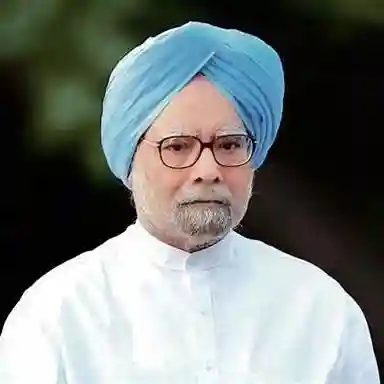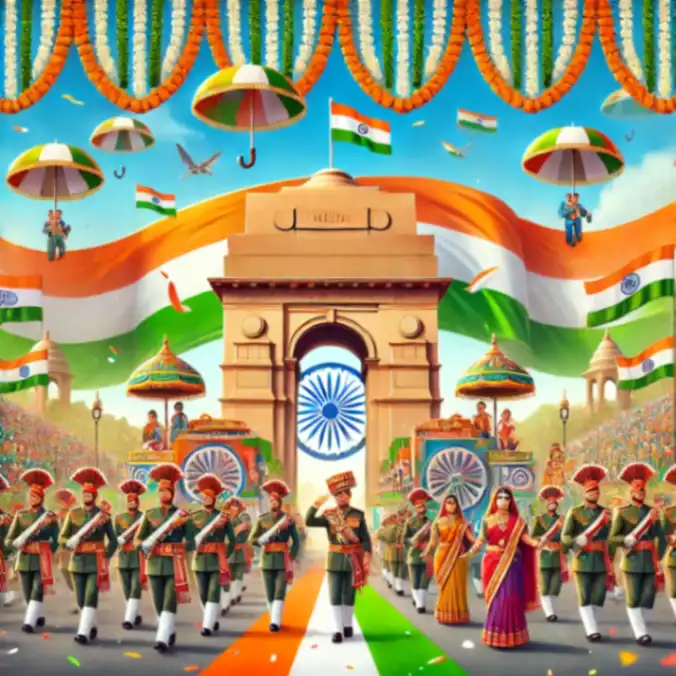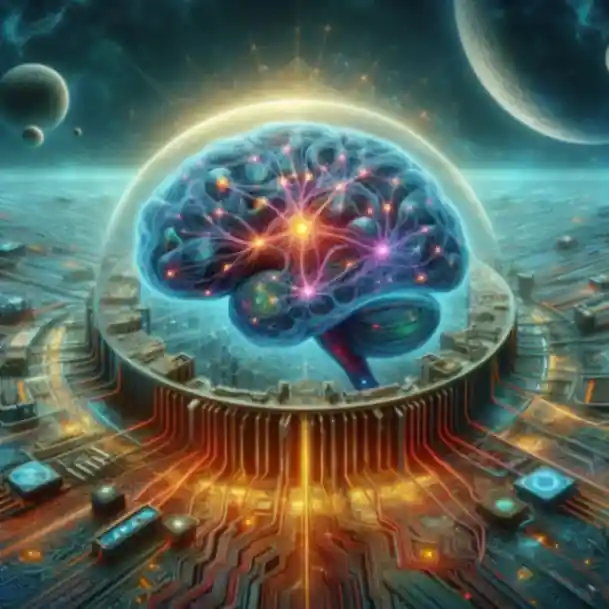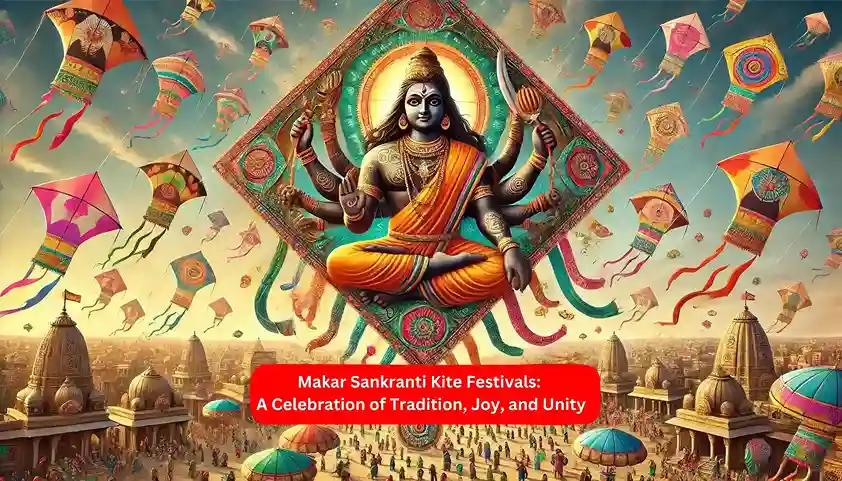
The Life and Legacy of Manmohan Singh: An Architect of Modern India
Early Life and Education
Manmohan Singh, one of India’s most esteemed leaders, was born on September 26, 1932, in Gah, a small village in Punjab, which now lies in modern-day Pakistan. Born into a modest Sikh family, Singh’s early life was marked by the challenges of partition and the struggles of a family transitioning from one nation to another. Despite the upheavals, his determination for education never wavered.
Singh’s initial schooling took place in his village. Recognized early for his academic brilliance, he moved to Punjab University in Chandigarh, where he excelled in economics. His academic pursuits took him further afield—he earned his bachelor’s and master’s degrees in economics from the University of Punjab, securing a position as one of the top students of his time.
With an insatiable thirst for knowledge, Singh went on to pursue higher studies at the University of Cambridge in the United Kingdom, obtaining a first-class honors degree in economics. His academic journey didn’t stop there. He completed his doctorate in economics at the University of Oxford, writing a seminal thesis on India’s export competitiveness. These years at prestigious institutions laid the foundation for a life dedicated to economic thought and public service.
Academic and Professional Career
Before stepping into the political arena, Manmohan Singh carved a niche as an economist of international repute. He started his professional journey as a lecturer at Punjab University and later taught at the Delhi School of Economics. His prowess in understanding economic frameworks and policies quickly gained him recognition.
In the 1970s, Singh began working with international organizations like the United Nations. He served as an economic advisor and held various key positions in the Indian government. He was the Chief Economic Advisor to the Ministry of Finance in the late 1970s and later became the Governor of the Reserve Bank of India (RBI). During his tenure at the RBI, Singh laid significant emphasis on stabilizing the monetary policy of the country.
Singh also played a critical role as the Secretary-General of the South Commission in Geneva, a platform aimed at fostering economic collaboration among developing nations. This role enhanced his global perspective on economic disparities and equipped him with a deeper understanding of the challenges faced by emerging economies.
Entry into Politics
Manmohan Singh’s entry into Indian politics was not by design but by demand. In 1991, India faced a severe economic crisis, marked by dwindling foreign exchange reserves, high inflation, and burgeoning fiscal deficits. Recognizing his expertise, then Prime Minister P.V. Narasimha Rao inducted Singh into his cabinet as the Finance Minister.
It was here that Singh’s genius truly shone. He introduced a series of groundbreaking economic reforms that liberalized the Indian economy. His policies ended the infamous License Raj, opened up the Indian market to foreign investments, and set the stage for India’s rapid economic growth in subsequent decades. Though these reforms faced initial resistance, they are now credited with transforming India into one of the world’s fastest-growing economies.
Singh’s reforms included devaluation of the Indian rupee, dismantling restrictive trade practices, and encouraging privatization. These changes not only stabilized the economy but also gave millions of Indians access to new opportunities, reshaping the socio-economic landscape of the nation. Despite his apolitical background, Singh’s calm and composed demeanor won him the trust of both his peers and the public.
Prime Ministerial Tenure
Manmohan Singh served as India’s Prime Minister from 2004 to 2014, heading the United Progressive Alliance (UPA) government. As the first Sikh to hold the office of Prime Minister, Singh symbolized India’s pluralistic ethos.
His tenure was marked by significant achievements as well as challenges. Among his landmark contributions was the signing of the Indo-US Nuclear Deal, which positioned India as a responsible nuclear power while ensuring access to nuclear energy for civilian purposes. The deal was a turning point in India’s diplomatic relations with the United States and highlighted Singh’s ability to navigate complex geopolitical landscapes.
Under his leadership, the UPA government implemented a slew of progressive social welfare programs. These included the Mahatma Gandhi National Rural Employment Guarantee Act (MGNREGA), which provided employment to millions in rural India, and the Right to Education Act, which aimed at universalizing elementary education. His government also introduced the National Food Security Act, which aimed to provide subsidized food grains to approximately two-thirds of India’s population, addressing the country’s chronic issue of hunger and malnutrition.
In the realm of healthcare, Singh’s administration launched the National Rural Health Mission, significantly improving access to healthcare in remote areas. Infrastructure development also saw a significant boost, with initiatives aimed at enhancing road connectivity, rural electrification, and urban transport systems.
However, his tenure was not without controversies. Allegations of corruption within his government, such as the 2G spectrum scam and coal block allocation controversy, tarnished his administration’s image. Critics often pointed out his reserved demeanor, leading to perceptions of him being a “silent” leader. Nevertheless, his integrity and vision for India’s development remained unquestioned.
Personal Traits and Leadership Style
Manmohan Singh was known for his humility, simplicity, and scholarly demeanor. Unlike many political leaders, he maintained a low-profile personal life, focusing entirely on his work and responsibilities. His leadership style was characterized by consensus-building and quiet diplomacy, both within the country and on the global stage.
Internationally, Singh’s stature as an economist and a statesman earned him widespread respect. Under his leadership, India became an integral part of global economic forums like the G20, and its voice was heard more prominently in matters of international trade and climate change.
Challenges and Legacy
The latter years of Singh’s tenure were overshadowed by a slowing economy and growing political discontent. The global financial crisis of 2008 posed significant challenges, but Singh’s policies helped India navigate the downturn more effectively than many other nations. His leadership ensured that India remained a preferred destination for foreign investment despite global uncertainties.
Despite the criticisms faced during his tenure, Singh’s legacy as the architect of modern India’s economic framework remains intact. His reforms in the 1990s are often credited with setting the stage for India’s rise as an economic powerhouse. Moreover, his emphasis on inclusive growth and social welfare programs showcased his commitment to addressing the needs of the underprivileged.
Personal Life and Interests
Manmohan Singh was married to Gursharan Kaur, a pillar of support throughout his journey. The couple has three daughters. Singh’s personal life was marked by simplicity, with a focus on family and scholarly pursuits. Even as Prime Minister, he preferred a modest lifestyle, in stark contrast to the grandeur often associated with political office.
Apart from economics, Singh had a deep interest in history and literature. His speeches, often filled with references to historical events and philosophical ideas, reflected his erudition. A man of few words, Singh’s actions often spoke louder than his speeches, exemplifying his belief in the power of quiet but effective leadership.
Contributions Beyond Politics
Even after stepping down from the Prime Minister’s office in 2014, Manmohan Singh continued to contribute to public discourse. He frequently spoke on economic and political issues, offering his insights on the challenges and opportunities facing India. His speeches in the Rajya Sabha often drew attention for their depth and clarity.
Singh also authored several academic papers and books on economic policy, reflecting his continued engagement with the intellectual world. His work remains a valuable resource for economists and policymakers alike.
Death
Manmohan Singh passed away on 26th December 2024 in AIIMS Delhi. His death marked the end of an era in Indian politics and economic policy. Leaders across the globe mourned his loss, recognizing his immense contributions to India and the world. Singh’s departure left a void in the realm of statesmanship and public service.
Conclusion
Manmohan Singh’s life is a testament to the power of education, integrity, and perseverance. From a humble village in Punjab to the corridors of power in New Delhi, his journey has been nothing short of inspirational. As India continues to evolve, Singh’s contributions to the nation’s economic and political landscape will remain a guiding light for future generations.
Singh’s demise marks the end of an era, but his vision for a prosperous, inclusive, and globally respected India lives on. He will be remembered not only as a leader who redefined India’s economic policies but also as a statesman who upheld the values of democracy, humility, and service to the nation. His legacy is not merely a chapter in India’s history but a foundation upon which the future of the nation will be built.





